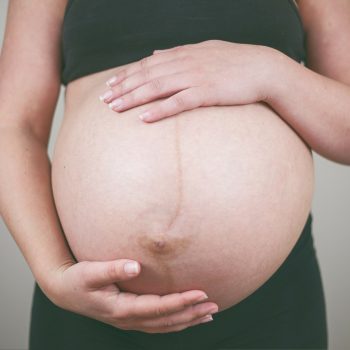No microbiome in human placenta: Cambridge researchers’ paper published in Nature
World-leading science journal Nature has published a paper from the Department of Obstetrics and Gynaecology at the University of Cambridge. Entitled “Human placenta has no microbiome but can contain potential pathogens”, the paper presents three key messages: (1) the placenta does not have a microbiome; (2) bacterial infection of the placenta is not a common cause of adverse pregnancy outcome; and (3) the placenta is however a potential site of perinatal acquisition of Streptococcus agalactiae, a major cause of neonatal sepsis.
Researchers found that there was no evidence for the presence of bacteria in the large majority of the 537 placental samples that were provided, from both complicated and uncomplicated pregnancies. Complicated pregnancies included pre-eclampsia, spontaneous preterm birth and the delivery of infants who are small for gestational age.
The exception was Streptococcus agalactiae (group B Streptococcus), which was detected in approximately 5% of samples collected before the onset of labour.
The researchers concluded that bacterial infection of the placenta is not a common cause of adverse pregnancy outcome and that the human placenta does not have a microbiome, but it does represent a potential site of perinatal acquisition of S. agalactiae, a major cause of neonatal sepsis.
Further studies will be needed to determine the association between the presence of S. agalactiae in the placenta and fetal or neonatal disease; if such a link is identified, rapid testing of the placenta for the presence of S. agalactiae might allow targeting of neonatal investigation and treatment.
- The Department of Obstetrics and Gynaecology is based at the Rosie Hospital, where it undertakes scientific research in human pregnancy, the placenta and the uterine endometrium.
- This research was supported by the Medical Research Council and the NIHR Cambridge BRC (Women’s Health theme).



